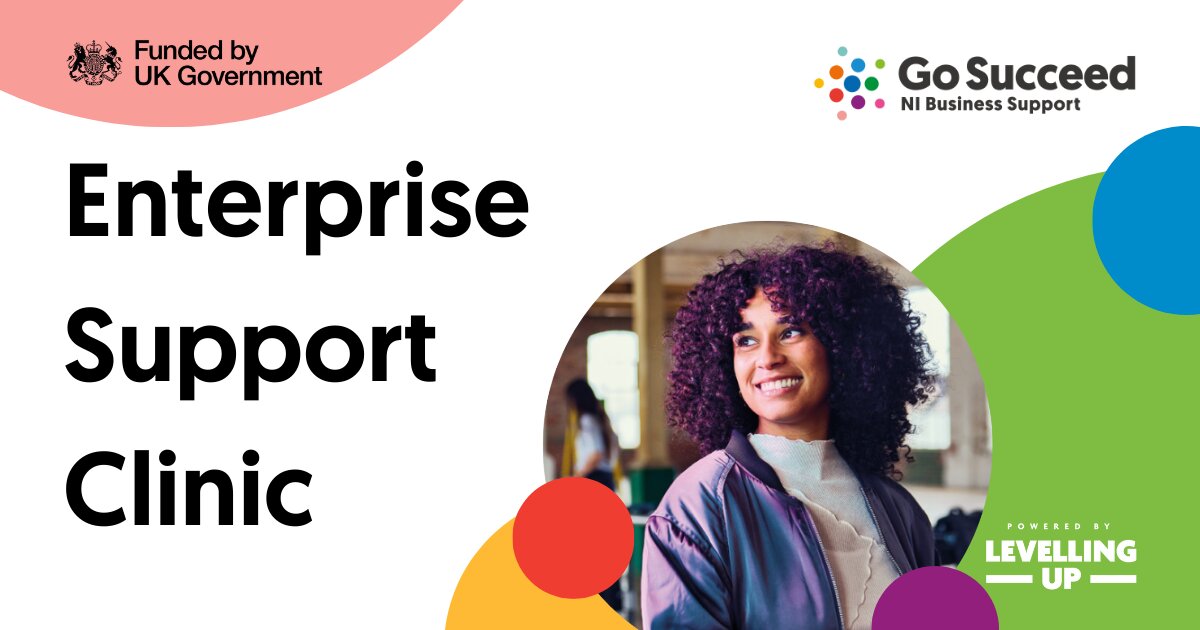How Go Succeed Can Help You

You have a great idea but you're not sure how to turn it into a business, or you have already started out in business and require mentorship on your next steps. Our Go Succeed Start experts will help you to create a business plan, seek funding and put all the foundations in place to get your business up and running.

Your business is ready to go to the next level locally and internationally but you need guidance, support or resources to achieve your ambitions. Our Go Succeed Scale industry experts will help tailor your plans to penetrate new markets, identify investment opportunities and scale up your operations.






